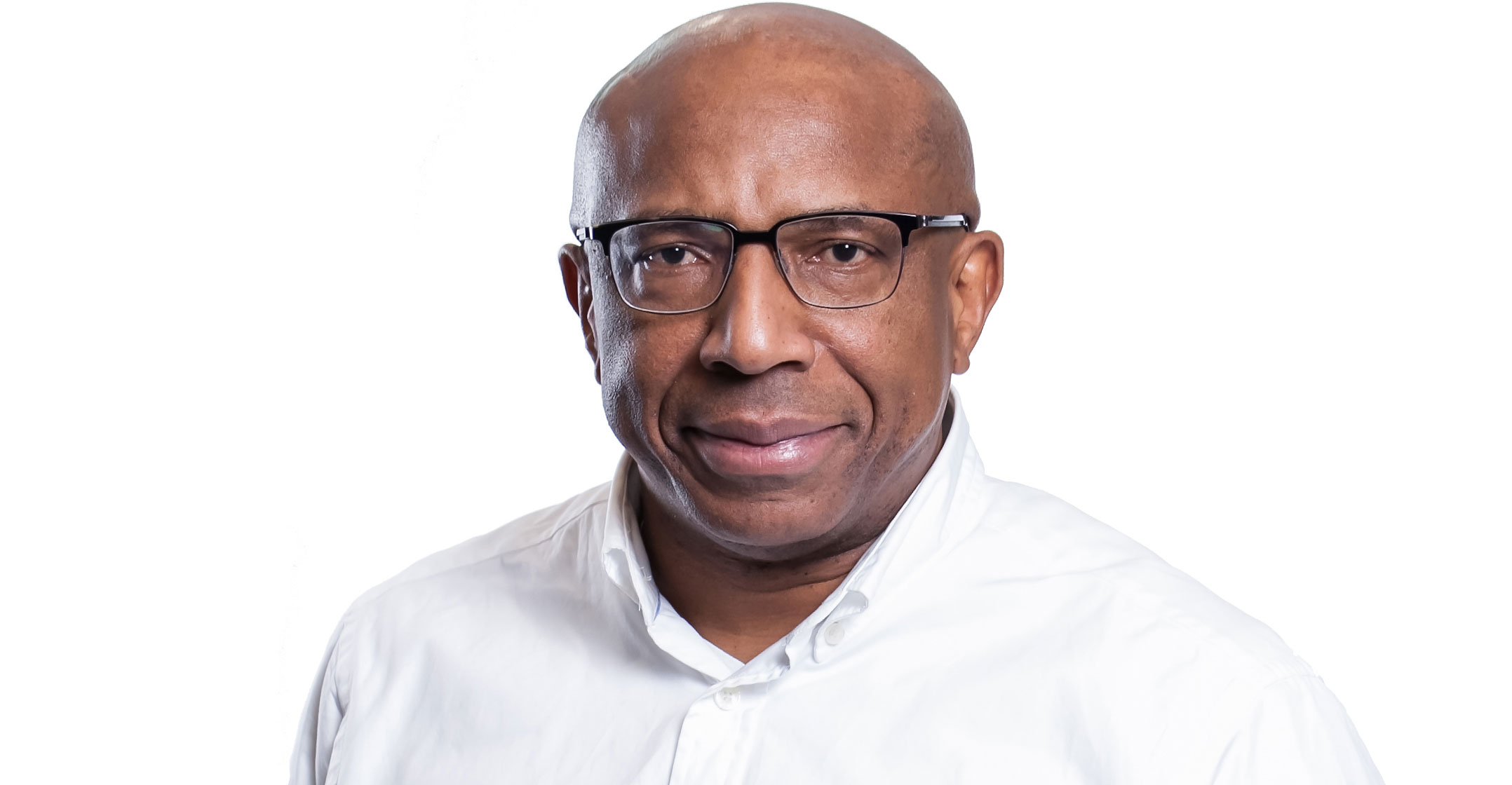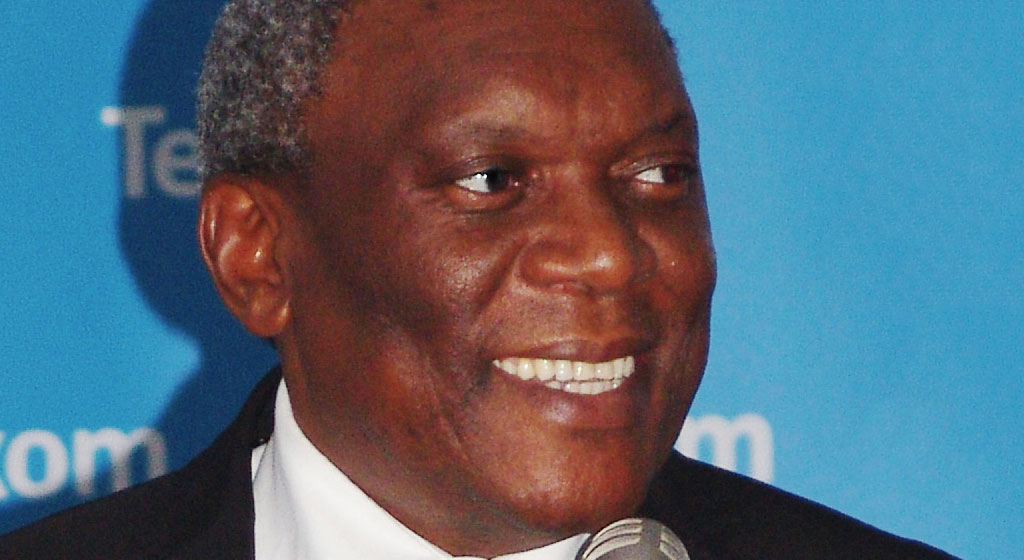
It’s ironic that the two keynote addresses (from both government and Telkom) on the first day of the operator’s Southern Africa Telecommunication Networks and Applications Conference (Santac) were centred on public-private partnerships in unlocking growth from the “digital economy”. Ironic given last week’s official announcement that government was going to “partially” reduce its 39% shareholding in the operator.
The late withdrawal of Telkom group CEO Sipho Maseko from the programme was described as “due to business commitments”, and one can only imagine that the speed at which national treasury needs to find the R10bn (or more) needed for SAA meant that he simply could not be away from his desk for a week. The group’s chairman, Jabu Mabuza, and chief financial officer Deon Fredericks are at Satnac, along with a handful of other executives.
That the minister of telecommunications & postal services Siyabonga Cwele chose to attend the first morning of Satnac (requiring a more than 20 000km round trip) before he hosts the meeting of Southern African Development Community ministers responsible for ICT in Durban from Tuesday is telling. (That he spent his birthday (Sunday) making small-talk with Telkom and industry executives as well as academics at a welcome function, perhaps more so!)
In many ways, government and Telkom are closer now than at any point since its partial privatisation 20 years ago. Perhaps it’s precisely because it has been left alone to do what is “best for Telkom” that this is the case. It seems to be government’s preferred implementation partner for its broadband policy, SA Connect (President Jacob Zuma announced its appointment as “lead agency” in his 2015 state of the nation address, which was rapidly “unannounced”).
Government (or Cwele at least) gets that internet access and the ICT sector is key to economic growth. He pointed to the fact that “governments all over the world have accepted that ICTs are tools for radical socioeconomic transformation”. The problem, however, is that government “realised” this back in 1998 when it “identified digital transformation as central to transformation”. It “realised” it again in the National Development Plan over five years ago. And, in the integrated ICT policy white paper published a year ago. That the ICT sector has been a contributor to the country’s economic growth over the last two decades is despite government’s efforts, not because of them.
Government needs to move quicker; the minister offered no update on the white paper.
‘Speed is required’
In Maseko’s prepared remarks (but not delivered by stand-in Hugo van Zyl, chief technology and information officer at the group’s Openserve unit), he urged that “speed is required” on policy setting “as we’ve seen use cases in India, Singapore and Ghana where meaningful impact comes 10-20 years after strong policy intervention”.
Van Zyl stressed the need for public and private sector collaboration on enabling the digital economy and driving growth. This is going to be especially important when ensuring access to the poor and those in rural areas. From a business case perspective, these are obviously far “less viable” than for the affluent or urban markets.
Maseko’s prepared remarks said: “We need to acknowledge that connecting the ‘less viable’ is the less straightforward challenge to solve, but one of the first priorities if we are to ensure that people can be reached. The digital economy demands the fuel of ‘connectivity’, and we must find a way to provide this to the less viable scenarios if we are to truly move the dial of South Africa’s economic growth.”

Government is never going to actually do the work of ensuring that those “less viable” people are connected. Neither is Telkom or any other operator, unless they are properly incentivised to do so. This is why government needs an implementation partner (Telkom) to provide (subsidised/free) access to parts of the market who can’t afford it or simply don’t have it. Much about this (theoretical) model makes sense.
Government gets to spend money with a company it owns a large share of to connect people (many of who live in places where Telkom still has infrastructure). Telkom gets paid for the service and those network assets which would’ve decayed (as the business case for investing in them doesn’t make sense) can be renewed or upgraded. Citizens get access. Win, win, win.
This is why the sale by government of its stake (partial or otherwise) in Telkom is far more complex than it may seem. As major shareholder, it has enjoyed the privilege (luxury?) of being able to exert influence (whether direct or otherwise). And, given this historical relationship, the two collaborate and co-operate a lot. Sure, a Telkom (post sale) could still help government achieve its objectives, but that influence will have waned, or be gone. At that point, it’s just another supplier.
The state needs Telkom, not the other way around. The jewels are indeed being sold for a pittance. Government won’t know quite what’s its missing until it’s gone.
- Hilton Tarrant works at immedia. He is attending SATNAC as a guest of Telkom
- This column was originally published on Moneyweb and is used here with permission

